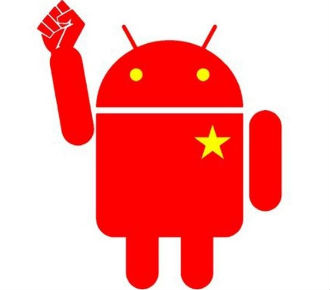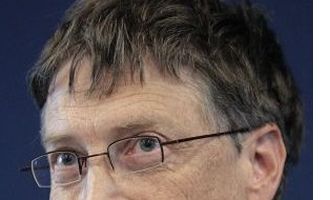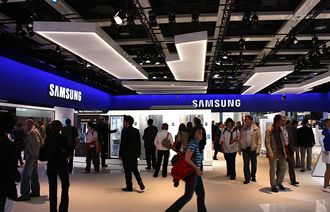 Spanish wireless networks provider Gowex has filed for bankruptcy a week after an accounting fraud at the firm was revealed.
Spanish wireless networks provider Gowex has filed for bankruptcy a week after an accounting fraud at the firm was revealed.
The Spanish High Court said its founder could face a jail sentence of more than 10 years.
Gowex has apparently decided to file for bankruptcy because it was in a state of “imminent insolvency” and faced a “financial standstill” after a high number of contracts were ended and new projects were cancelled.
Former Chief Executive and Chairman Jenaro Garcia Martin’s head is on the bloc after admitting that he had misresented the financial accounts for at least the last four years.
He has been charged with false accounting, distortion of economic and financial information, and insider trading.
Garcia Martin made the admission before the High Court on Monday and had his passport seized and was banned from leaving Spain. He was also ordered to report to a court every week and was given 15 days to pay a 600,000-euro ($818,400) bail or face jail.
High Court examining judge Santiago Pedraz was worried that Garcia Martin might attempt to flee as he faced a jail sentence of more than 10 years. He also had 3 million euros in a Luxembourg-based bank account.
Gowex started insolvency proceedings last week and had a maximum of four months to reach a deal with creditors or enter into administration.
A judge now has to rule on whether Gowex was correct to file for bankruptcy.
Gowex hired PricewaterhouseCoopers (PwC) to carry out a forensic audit of its accounts, but the accountants said that it could not carry out the audit because it could not find authorised representatives of Gowex and get access to the information.

















